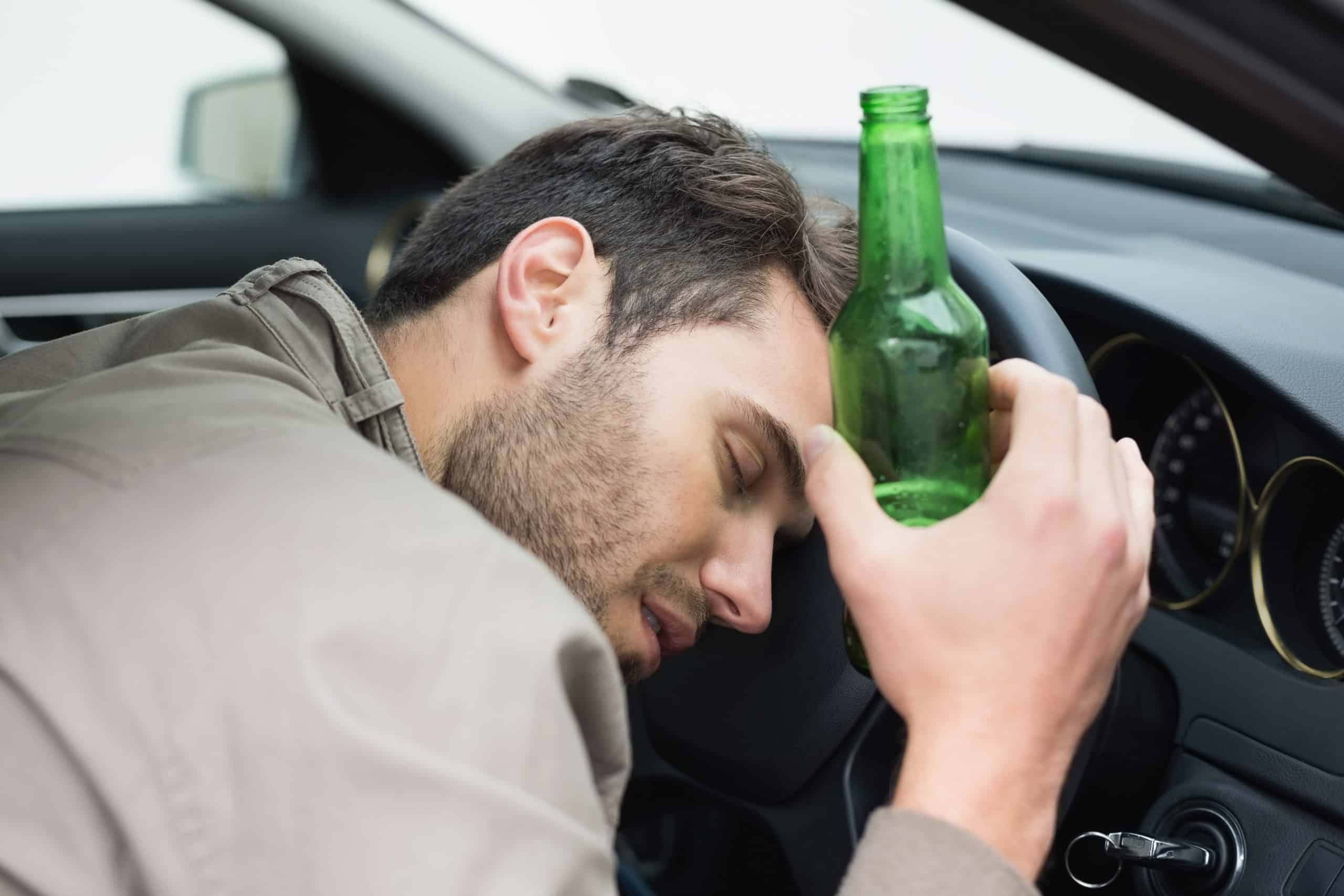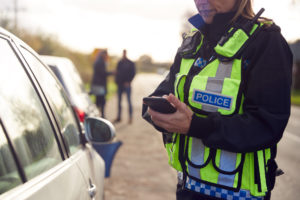
If you drive drunk and cause an accident in Garland, you will likely face intoxication assault charges. Texas takes this offense very seriously. You can expect to face serious consequences such as monetary fines and a lengthy prison sentence.
Do not try to fight these potentially devastating charges on your own. An intoxication assault lawyer in Garland can protect your legal rights and help ensure the best possible outcome for your future.
Contact the Law Offices of Randall B. Isenberg today: 214-696-9253.
Why Do I Need an Intoxication Assault Lawyer?
Upon conviction, you will spend at least 2 years in prison, possibly as long as 20 years. Consider the other penalties you face.
In Texas, most intoxication assault offenses carry third-degree felony charges. Upon conviction, you can expect a harsh sentence — often the maximum allowed by the statutes.
Your sentence may include some or all the following penalties:
- Between 2 and 10 years in prison
- Up to $10,000 in fines
- Up to a 2-year suspension of your license
- Up to 1,000 hours of community service
- Alcohol education program
- Ignition interlock devices on your car
- Supervised probation
- Regular substance testing
If any aggravating circumstances accompanied your drunk driving accident — including property damage, having a minor child as a passenger, having an open container in the car, or injuring a first responder — the prosecutor may pursue second-degree charges.
Conviction on second-degree felony charges carry some or all the following penalties:
- Up to 20 years in prison
- Up to $10,000 in fines
- Up to a 2-year suspension of your license
- Up to 1,000 hours of community service
- Alcohol education program
- Ignition interlock devices on your car
- Supervised probation
- Regular substance testing
Note that these penalties correlate with having a blood alcohol concentration (BAC) of 0.08 to 0.149.
If your BAC was 0.15 or above, or if you are a repeat DWI offender, your penalties could significantly exceed these guidelines.
To avoid spending a large part of your life behind bars, find an intoxication assault lawyer in Garland to help you immediately.
How Does Texas Law Define Intoxication Assault?
Intoxication assault, as defined in the Texas Penal Code, is the act of unintentionally causing an accident that physically harms another person while driving under the influence.
The statutes define DWI as driving a motor vehicle or boat in a public location while legally intoxicated. And, although the statutes define legal intoxication as having a BAC of 0.08 or above, the police can arrest you on this charge even if your BAC registers below this limit, if an officer determines that you cannot safely drive.
Should I Plead Guilty to Intoxication Assault Charges?
Unless you want to spend a decade or more in prison, you do not want to enter a guilty plea to intoxication assault charges.
We can go over your options, and explain how each of those might affect your future. Generally, however, you have three potential alternatives to entering a guilty plea:
- Negotiate to have the charges dropped
- Plead guilty to reduced charges
- Take your case to court
For any of these options, your lawyer must identify and challenge any weaknesses in the prosecutor’s case.
How Will My Lawyer Challenge Intoxication Assault Charges?
To fight the charges against you, we must identify one or more effective legal strategies. Some potential challenges to intoxication assault in Texas are as follows:
Proving Causation
For this defense, your attorney will argue that you did not cause the accident or, alternatively, that the accident did not cause the injuries in question.
Your involvement in an accident, even if your BAC test indicated intoxication, does not automatically mean you caused it. Likewise, the injured person’s involvement in the accident does not automatically indicate the crash caused the injuries.
Impairment
The prosecutor must prove in court that you drove with an illegal level of impairment. This sounds easier than it is because a breathalyzer test does not necessarily prove impairment at the time of the accident.
In addition to arguing that a positive test does not equal intoxication at the time of the collision, we might exploit weaknesses in the way the police established probable cause for chemical BAC testing.
Guidelines established in the Texas Administrative Code (TAC) and by the National Highway Traffic Safety Administration (NHTSA) dictate how the police must conduct chemical testing. If your lawyer can demonstrate that the Garland police violated either the TAC breath alcohol testing regulations or the NHTSA BAC testing standards, the prosecution may have to exclude your BAC test results.
Severity of Injuries
The Texas Penal Code describes intoxication assault as one wherein a victim sustained serious physical harm or injury. The statute qualifies this definition as a life-threatening injury or one that leaves the victim permanently harmed in some way.
Prosecutors tend to interpret this statute more broadly than the law allows, attempting to assess intoxication assault charges inappropriately. Your lawyer may successfully establish that the victim’s injuries fail to meet the statutory definition for this charge.
A Garland intoxication assault lawyer may successfully mount one or more of these challenges to help improve the outcome of your case.

Call Today for a Free Consultation in Garland
Before you risk your future by trying to fight your charges alone, talk to an attorney to learn more about your options. A DWI lawyer can help you understand the ramifications of each and help you make the right decision for your future.
And, the sooner you can get an attorney on board, the better the chances for potentially getting your charges reduced or dismissed.
Randy Isenberg, of the Law Offices of Randall B. Isenberg, has more than three decades of experience navigating the criminal justice system, including time spent working as a felony prosecutor and state district court judge. This insider’s perspective gives him a distinct advantage over other lawyers.
Call Randall to discuss your case today: 214-696-9253.










